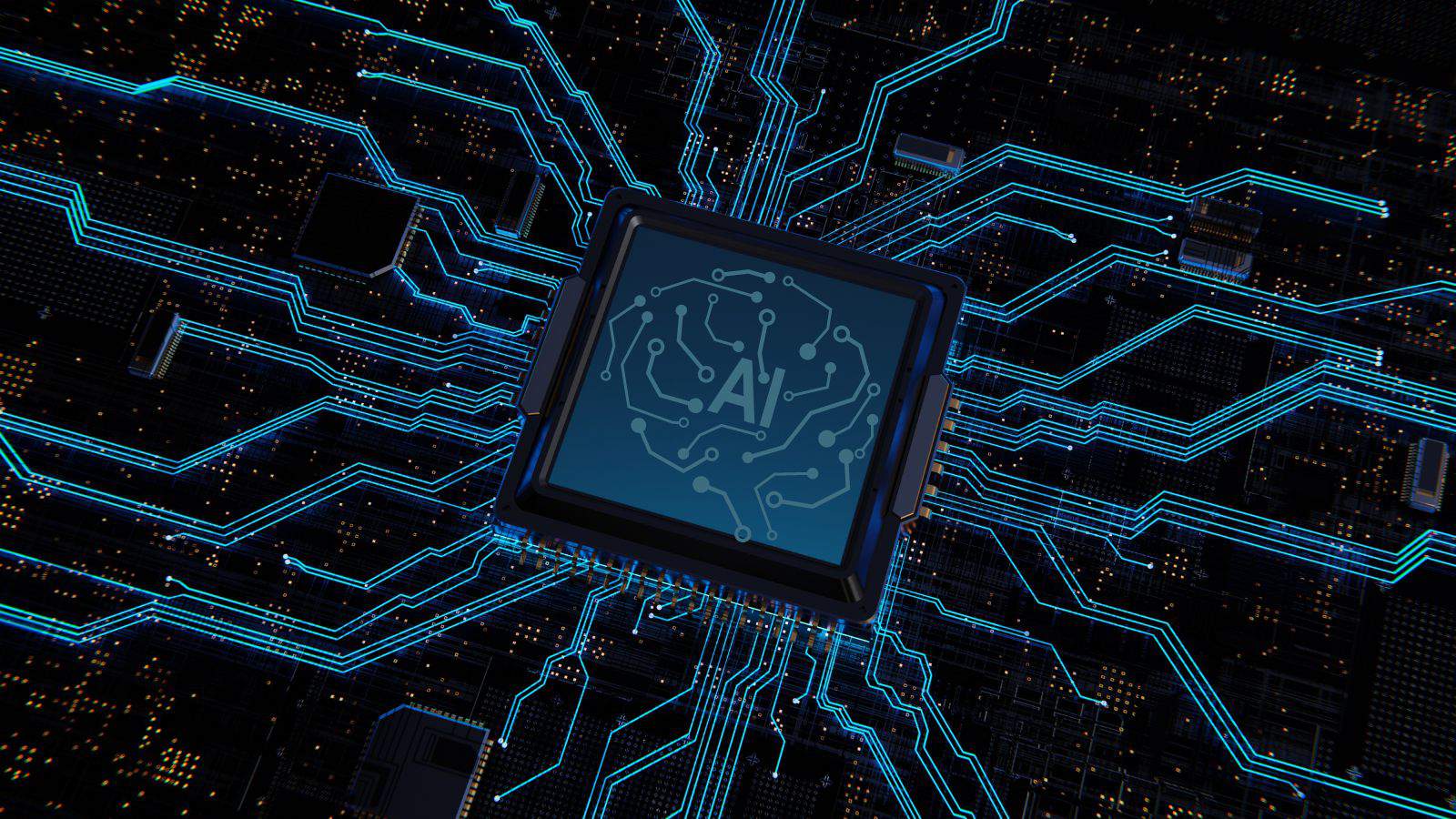Today, when talking about technology and communication, the leading role that artificial intelligence (AI) is taking on cannot be overlooked. In Europe, the topic is getting hotter and hotter, especially concerning the use of this technology within public administrations. The Euritas Association, at the headquarters of Insiel, the in-house company of the Friuli Venezia Giulia region, sent representatives from 10 EU member countries, at the initiative of Assinter (an association of Italian ICT companies) to address this sensitive topic.
The meeting, held in Trieste, provided a useful opportunity to discuss the possible consequences of artificial intelligence on public policies and especially on the lives of European citizens. These reflections are crucial in a context in which the potential of artificial technology is being matched by the possible risks associated with its use.
Euritas takes action on AI
On the other hand, Saša Bilić, president of Euritas, reiterated the importance of collaboration among European nations. Many see this kind of partnership as competition, but it is not. As Bilić emphasized, it is a collaborative process that is essential to be able to address the common challenges posed by artificial intelligence. Only in this way will it be possible to maximize its benefits at the national and continental levels simultaneously.
Prudence and innovation. Two factors that may seem contradictory, in the field of AI must coexist to allow this technology to develop without compromising user safety. Precisely about this ambivalence, the report submitted to the European Commission reiterated the importance of investment in the development of artificial intelligence capabilities without forgetting to promote training and awareness in the actors involved in its development.
But how can all this be achieved together? According to Euritas representatives, the solution lies in the establishment of a European observatory on artificial intelligence. With the creation of this kind of structure, it will be possible to monitor technological developments with a watchful eye and then assess their impacts. According to the Association, this is the only way to intervene with a series of specific recommendations for European institutions. If a project of this caliber goes through, this could become a key hub for advances in artificial intelligence to ensure the fundamental rights of all European citizens, and beyond.
